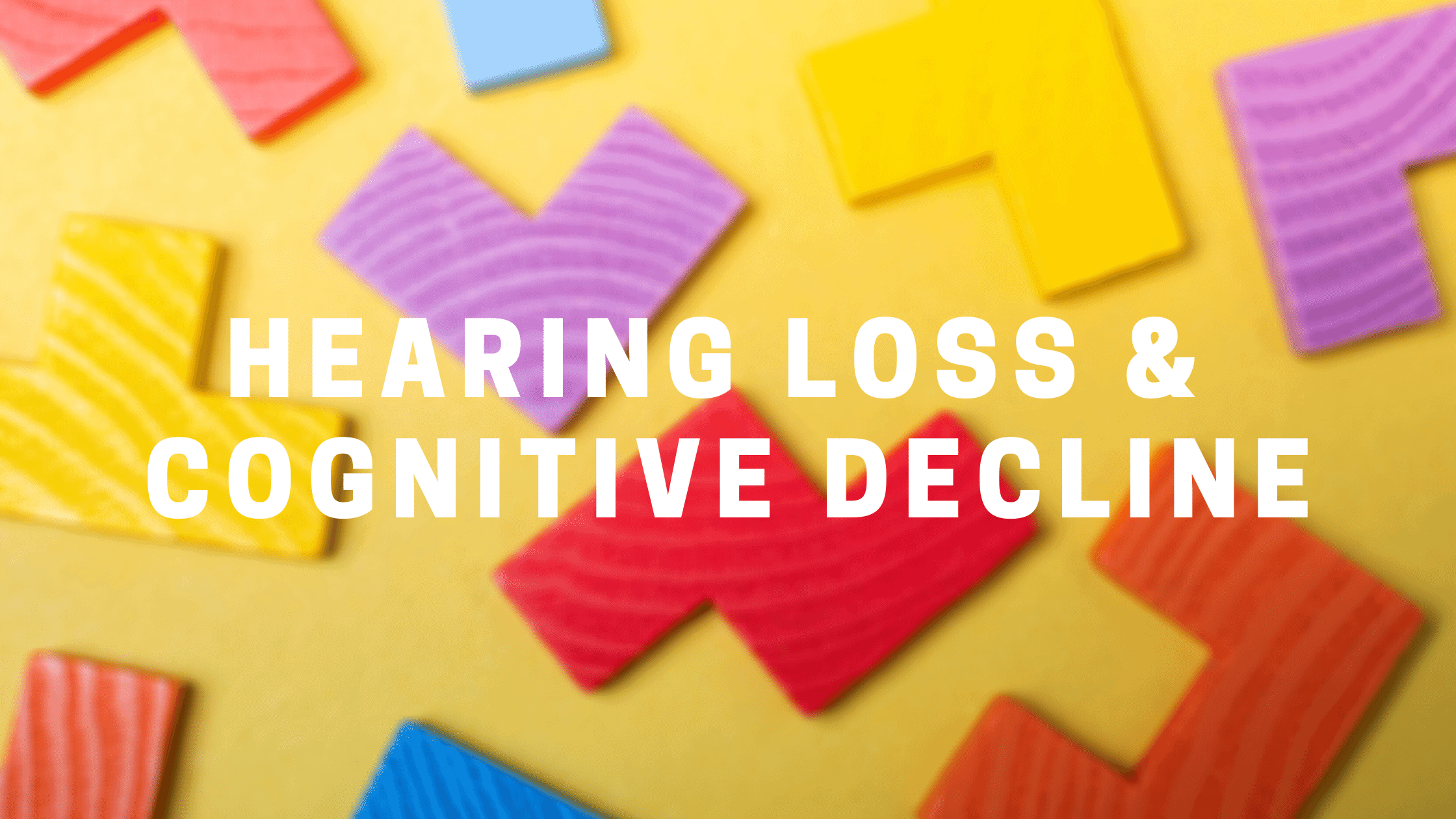- The Connection Between Hearing Loss and Dementia - July 30, 2024
- The Advantages of Rechargeable Hearing Aids - July 16, 2024
- How to Enjoy Music Festivals While Protecting Your Hearing - July 3, 2024
While hearing loss was once thought to be an annoying but benign aspect of getting older, today we understand that some of the problems we once thought to be separate ailments associated with aging can actually be caused by untreated hearing loss. While loneliness, social isolation and depression have been understood to be related to hearing loss for quite some time, in recent decades evidence has mounted that hearing loss also increases the risk for limited mobility, memory issues, injury due to decreased balance, and can even be an early indicator of an underlying cardiovascular condition.
It further seems to be the case that hearing loss significantly increases the risk for earlier onset of cognitive decline and dementia. While it’s not exactly known how this works, there are some theories, and it seems likely that treating hearing loss with hearing aids can reduce the risk.
About Hearing Loss & Cognitive Decline
A study by the Johns Hopkins Center on Aging and Health indicates that hearing loss dramatically increases a person’s risk of developing dementia. Mild hearing loss doubles the risk, while moderate hearing loss increases the risk threefold. Profound hearing loss makes a person five times as likely to develop dementia than a person with normal hearing.
While these figures make the situation sound bleak, doctors are quick to remind us that hearing loss is not a guarantee that a person will develop dementia. If your risk without hearing loss is, for example, 0.5%, then even with profound hearing loss you would have a 2.5% risk of developing dementia. In other words, your risk of developing dementia is still highly dependent on other aspects of your overall health.
Still, even when researchers corrected for diseases like diabetes and hypertension, those who had hearing loss tended to develop dementia three years earlier than those who didn’t. This strongly suggests a causal relationship between hearing loss and cognitive decline, including memory loss and dementia.
How Does Hearing Loss Promote Dementia?
One theory is that the social isolation that tends to develop after long-term untreated hearing loss results in diminished mental stimulation, which can result in cognitive decline. However, when controlling for social isolation, it seems that hearing loss that does not result in social isolation still increases the risk of dementia.
Another theory involves “cognitive load.” When hearing loss goes untreated for a long time, the auditory cortex in the brain will atrophy, as the frontal cortex has to do more work to interpret spoken communication using context clues, facial expressions and lip reading. This extra burden on the frontal cortex (where higher-order thinking occurs) may, over time, promote cognitive loss. Indeed, even in young people with slight hearing loss, brain scans show increased activity in the frontal cortex.
A third theory involves the atrophy of the auditory cortex itself. It’s also worth noting that, before dementia sets in, this phenomenon may account for the increased memory issues that even those who are relatively new to hearing loss frequently report. The auditory cortex shunts the information it receives directly into short-term memory, whereas communication that is interpreted in the frontal cortex has a longer path to memory. Over time, a rapid process of reorganization in the brain (called “neuroplasticity”) may promote dementia. In some cases, neuroplasticity is a good thing, allowing us to shift our moods and outlooks as life circumstances change, and even accounts for certain types of learning. However, in the case of hearing loss that occurs later in life, it seems this process may accelerate cognitive decline.
Hearing Aids May Help
Both the American Speech-Language-Hearing Association and The Better Hearing Institute, both non-profit organizations, recommend getting a hearing test once every decade until age 50 and once every three years after that. It’s best to catch hearing loss early, and hearing tests will show us our hearing loss long before we actually notice a problem. This allows us to make necessary lifestyle adjustments to prevent further hearing loss.
If you believe you have hearing loss, make an appointment for a hearing test today. It’s best to start wearing hearing aids sooner rather than later to prevent the cascade of negative health outcomes that often accompanies untreated hearing loss, including the atrophy of the auditory cortex. While the ability to comprehend speech can be relearned with effort, it’s best to treat hearing loss before that becomes necessary.

